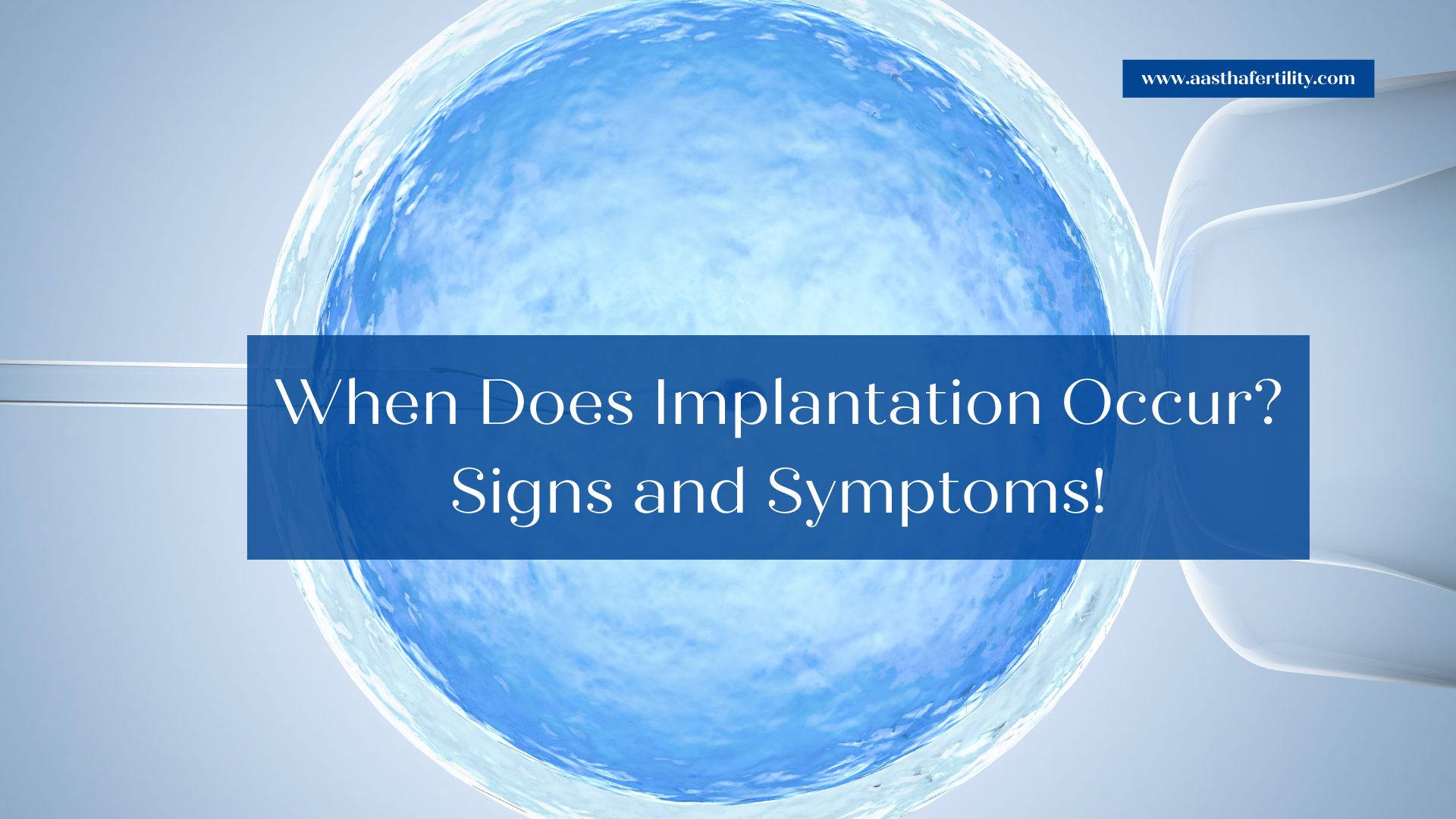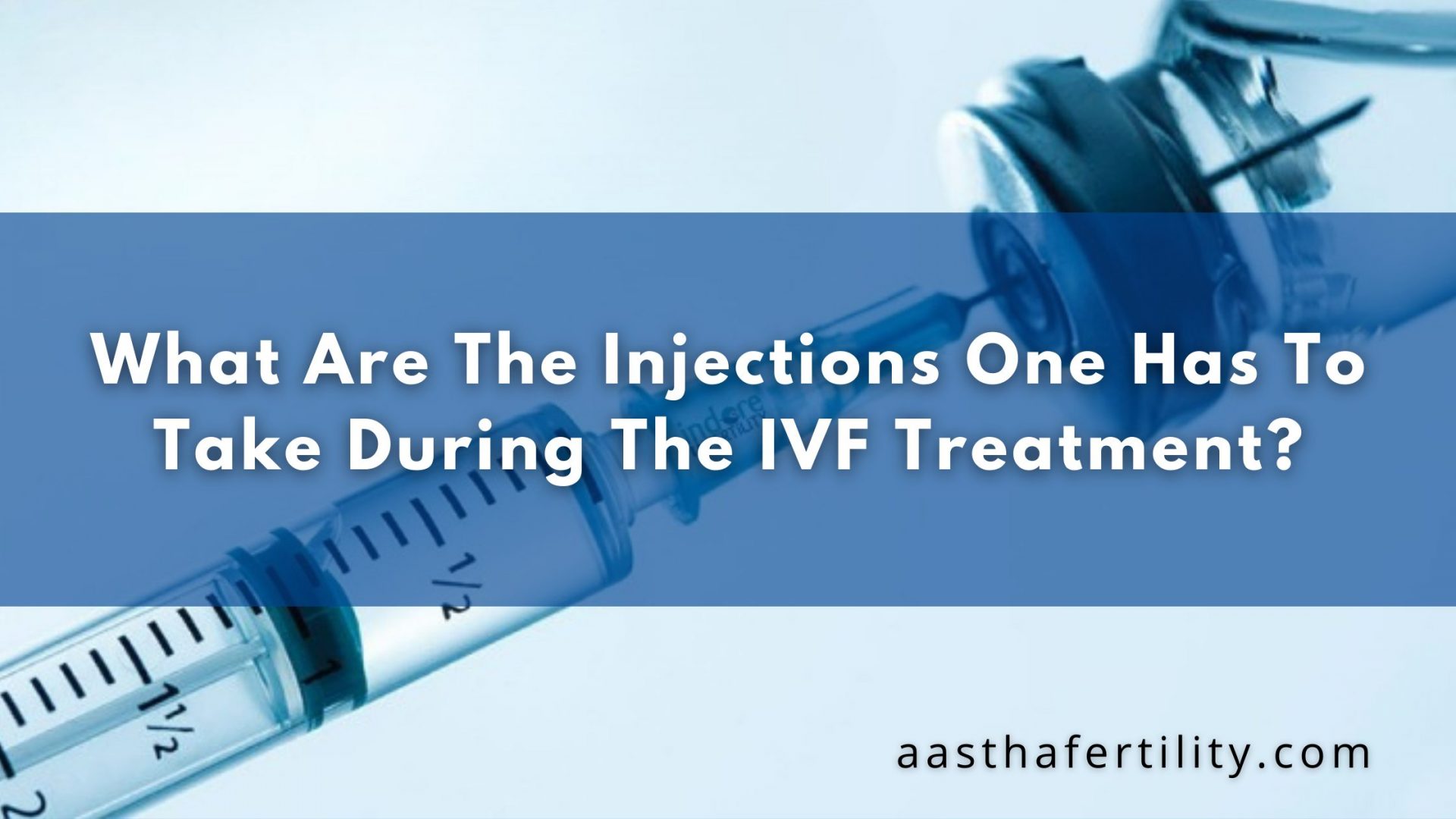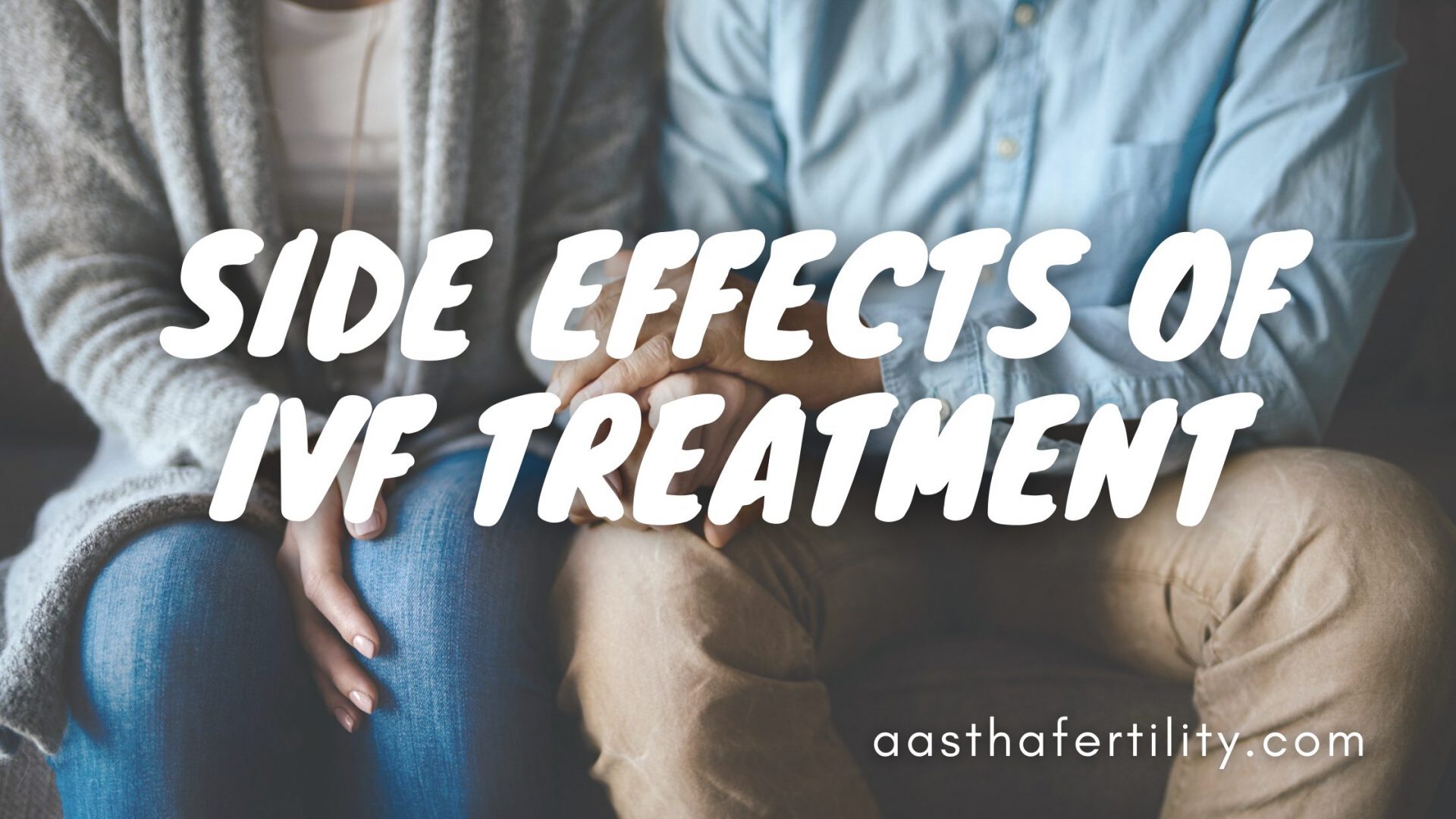Table of Contents
ToggleIVF (In-Vitro Fertilisation) is one of the most successful Assisted reproductive technology (ART) available for couples facing infertility issues. Doctors stimulate and harvest the eggs in the laboratory or through medications in this controllably precise process. These eggs are then fertilised with the partners’ or donors’ sperm, and developed embryos are then placed in the uterus.
But what if the embryo does not attach to the uterus or gets miscarried shortly? Regardless of the benefits and effectiveness of IVF, sometimes, pregnancy does not always occur from the procedure. According to BioMed Central report on Recurrent Implantation Failure, around 5% of women are expected to suffer from consecutive pregnancy losses during IVF, and 75% of these cases are due to implantation failure.
When a couple faces 3 failed IVF cycles or even more, it becomes difficult for them to consider the next steps, and everything seems devastating. If you’re also suffering from any such scenario or worried about failed IVF attempts, consulting a fertility expert is the key to success.
A fertility expert is a professionally trained doctor with complete details and knowledge about fertility and pregnancy. Not only will they help you identify the cause, but instead they will also inform you about the symptoms of IVF failure and the next best steps to achieve pregnancy.
Our fertility experts at Aastha Fertility Center, Jaipur, have provided fertility treatment for 5+ years and have various options and strategies for couples moving forward with three failed IVF cycles.
From evaluating lifestyle factors to considering alternatives to IVF treatments, we will discuss ways to approach the decision-making process with clarity and hope.
What are the Reasons for Multiple IVF Failures?
Let’s talk about the factors that can cause multiple failures in IVF treatments:
Age-Related Infertility
As a woman ages, the quality and quantity of her eggs decline, making it more difficult to achieve a successful pregnancy. IVF may fail due to a lower number of eggs retrieved or due to the poor quality of eggs, making fertilisation and implantation less likely.
Poor Ovarian Response
Some women may not produce enough eggs during an IVF cycle or may have a poor ovarian reserve, making it harder to achieve fertilisation and implantation. This can be due to age, certain medical conditions, including ovarian surgery, cancer treatments, or genetic conditions. In some cases, adjusting the medication protocol used during IVF can help improve ovarian response.
Abnormal Embryos
Some embryos may have chromosomal abnormalities or other genetic defects that prevent successful implantation. Preimplantation genetic testing can help identify abnormal embryos before they are transferred.
Uterine Factors
Uterine abnormalities, such as fibroids or scar tissue, can make it difficult for an embryo to implant. In some cases, surgical intervention may be necessary to correct these issues.
Sperm Abnormalities
Issues with sperm quality or quantity can make fertilisation less likely to occur. IVF with Intracytoplasmic Sperm Injection (ICSI) may be used to address sperm-related infertility.
Lifestyle Factors
Smoking, excessive alcohol consumption, and being overweight or underweight can all negatively impact fertility and the success of IVF. Making lifestyle changes, such as quitting smoking, reducing alcohol consumption, and achieving a healthy weight, can improve the chances of success with IVF.
Autoimmune Disorders
According to the Autoimmune Disorders report by the Indian Journal of Pharmacy Practice, autoimmune diseases affect 10% of the population, with women being the majority. When the immune system attacks healthy tissue, it causes inflammation and the destruction of cells. Women with certain autoimmune diseases may have antibodies that prevent embryo implantation and lead to failed IVF cycles. Some may only realise they have an autoimmune disease once seeking fertility treatment.
IVF success is highly individualised and dependent on a patient’s unique health and fertility profile. As a result, there can be multiple reasons why IVF cycles may fail, and the impact of each factor may vary from patient to patient. Individuals must work closely with their healthcare providers to identify and address potential issues contributing to their IVF failures.
Next Steps After 3 Failed IVF Cycles
Failed IVF cycles may be devastating for a couple, but stressing over the same can cause significant harm as stress and infertility are co-related. Therefore, instead of panicking, try and understand the reasons for failure. Schedule an appointment with the best fertility expert, get the tests done under their guidance, and decide on the subsequent treatment or IVF cycle timings.
Some of the different options you can opt for a healthy family even after failed IVF are:
Attempt IVF Again
Sometimes, even with a well-planned IVF cycle, it may take multiple attempts to achieve a successful pregnancy. Speak with your doctor about any adjustments that can be made to the IVF protocol, such as adjusting medication doses or changing the timing of the embryo transfer. Additionally, your doctor may suggest lifestyle changes that can improve your chances of success, such as maintaining a healthy weight, avoiding alcohol and tobacco, and reducing stress levels.
Use Donor Eggs
If a woman’s age or egg quality is a factor in IVF failure, using donor eggs from a younger, healthier woman may increase the chances of a successful pregnancy. The process involves fertilising the donor eggs with the partner’s or donor’s sperm in the lab and then transferring the resulting embryos into the uterus of the woman undergoing IVF. This option may not be suitable for everyone, and it’s essential to consider the emotional and ethical implications of using donor eggs.
Consider Gestational Surrogacy
If a woman has experienced multiple implantation failures or carries a pregnancy medically challenging, gestational surrogacy may be an option. In this process, the woman’s eggs and the partner’s or donor’s sperm are used to creating embryos in a lab, which are then transferred into the uterus of a surrogate. The surrogate carries the pregnancy and gives birth, but the child is genetically related to the intended parents. This option can be emotionally and financially complex, and legal guidance is necessary.
Frozen Embryo Transfer
If a couple has frozen embryos from a previous IVF cycle, they may use them in a future cycle instead of starting the IVF process from scratch. Frozen embryo transfer involves thawing and transferring the embryos to the uterus at the appropriate time in the woman’s menstrual cycle. This option can be less expensive and invasive than a fresh IVF cycle.
How Many Times Can IVF Fail?
Multiple IVF failures occur when a woman experiences three or more unsuccessful IVF cycles despite using high-quality embryos. This term encompasses the inability to conceive and the loss of early pregnancies due to miscarriage.
Couples must understand that achieving a live birth through IVF may require multiple attempts. Each cycle involves a series of steps, including ovarian stimulation, oocyte retrieval, fertilisation, and embryo implantation. According to a report by the National Institute of Health (NIH), the odds of success improve to 45-53% after three cycles.
In addition, modern diagnostic procedures can help identify any underlying issues with a woman’s reproductive organs or uterus, providing doctors with valuable information to guide future treatment plans.
Conclusion
Don’t lose hope if you have been struggling with failed IVF cycles.
Consulting with a fertility expert after experiencing three failed IVF cycles can be beneficial in several ways. A fertility expert can identify the possible reasons behind previous failures, provide personalised guidance on treatment approaches, and offer emotional support and counselling. This can increase the chances of success in future attempts.
At Aastha Fertility Center, we have a team of experienced fertility specialists who are dedicated to helping you achieve your dream of parenthood. Our personalized guidance and support can help you identify the underlying issues that may be preventing successful conception and increase your chances of success in future attempts.
Contact us today to schedule a consultation and take the first step towards achieving your dream of parenthood.





Leave a comment